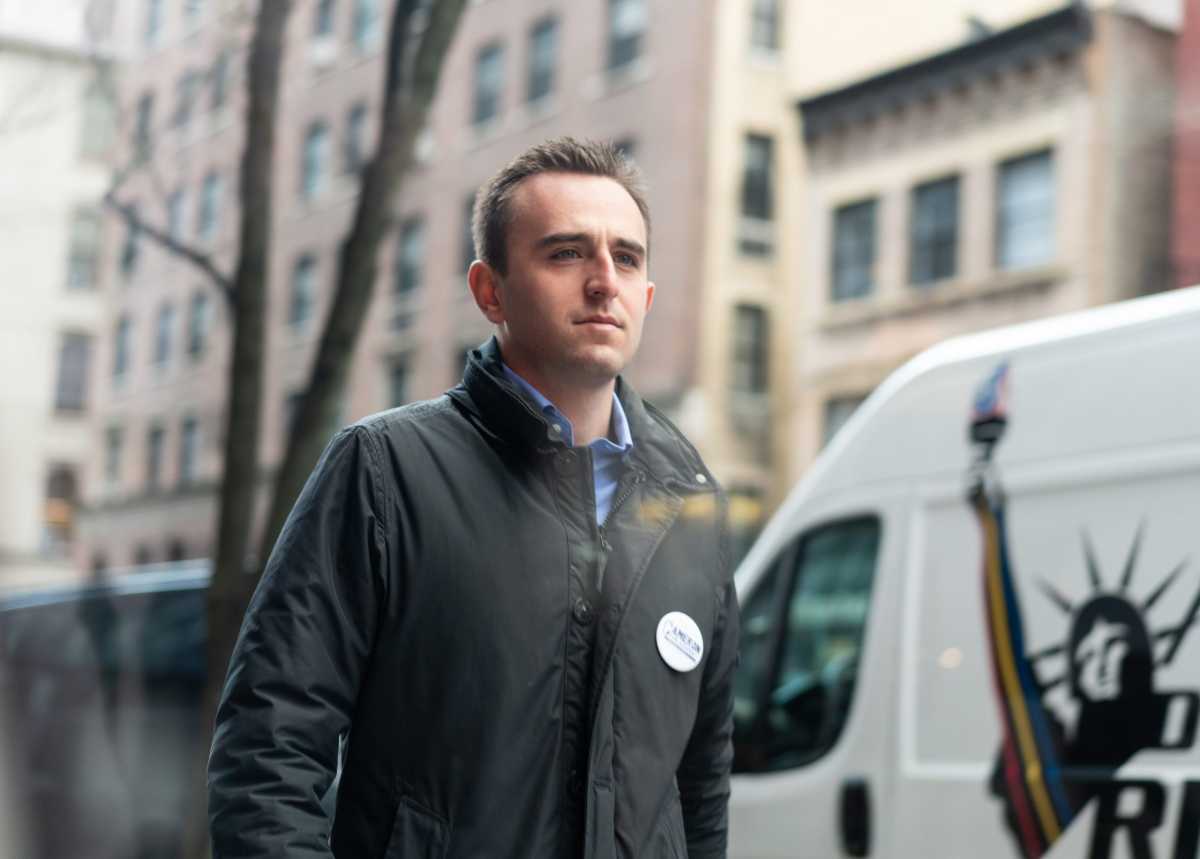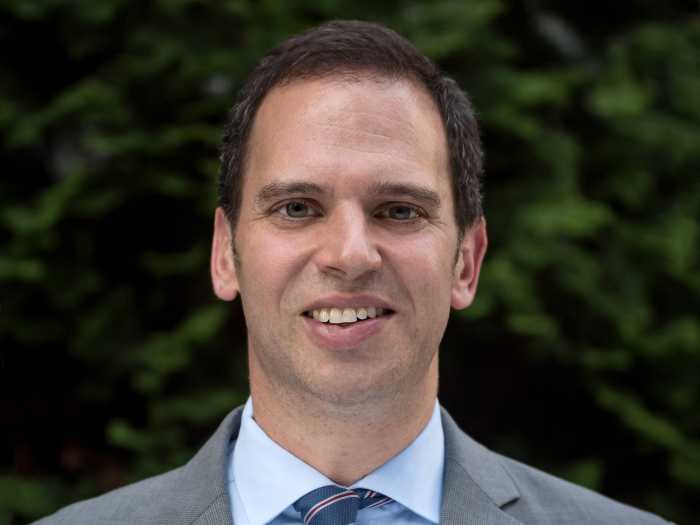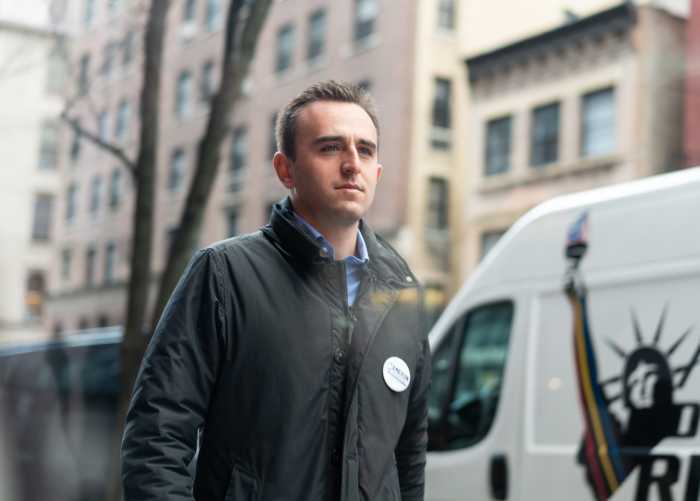One could be forgiven for missing a story or two in this news cycle. We are, after all, in the middle of a global pandemic and massive protests where too many of us are in mourning or living in fear as our world has become unhinged, the future unpredictable. While all over the country, non-essential businesses ground to a halt, the political machines kept churning, and one story of a 22-year-old candidate’s struggle to make the ballot highlights the insider politics that we see all-too-often in local New York politics – with election laws used like a bludgeon against democracy – and an ultimate victory now empowering tens of thousands of students across New York who would have been unable to run for office.
Cameron Koffman is a recent college graduate who returned to his home community on the Upper East Side and decided to run for office. He attended Yale but kept his New York address, driver’s license, even paid NY taxes and served NY Jury Duty. His only connection to Connecticut, other than a temporary dorm, was to vote on-campus. But this act alone, dropping his ballot in an on-campus ballot box, was enough for his Assemblymember opponent to sue him. The lawsuit said that Cameron wasn’t a New York resident.
I’m Cameron’s legal advisor, emerging from semi-retirement to work part-time for the campaign. I started by talking to election lawyers. They all said we had no chance. Didn’t I know of the case of Glickman v. Laffin which said that a person who votes out of state “breaks the chain” of 5-year-residency required by Article III of the State Constitution? Cameron’s case was pronounced dead on arrival by a dozen expert attorneys, some even publicly in print. Flashback to 25 years prior when, as a newly minted attorney, I represented Ann Renee Testa in her bid for the same Upper East Side office. My father saved the article describing how the Liberal party boss, Ray Harding, “conceded” the ballot signature challenge case in state Supreme Court because of a problem with the case caption. That was a technicality. This was justice, which should prevail, right?
That’s not how the State Supreme Court saw it. On summary judgement, Justice Edmead decided that Cameron had intended to abandon New York as his home when he registered and entered the voting booth down the street from his Yale dorm room. In that moment, all of the tireless hours of work and the irrepressible enthusiasm that I saw poured into his candidacy by bright, dedicated campaign staffers side-by-side with the candidate they believed in, seemed wasted – dashed by a decision that cited the concerns of a 1938 state constitutional convention instead of our common sense understanding of what it means to be a transient residential college student. It was a sad, disappointing day.
Then came the reversal of fortune. The real-life Appellate Division – not the one of black-letter-law from the pages of my law school treatises – but the living, breathing panel found in favor of students. They decided that voting out-of-state was not the death of Cameron’s political dreams. In reversing the lower court, an almost unanimous appellate panel found that there was no bright line rule which fenced challengers out of the political fray just because they studied away from home and participated in their on-campus voting drive. There are now tens of thousands of New Yorkers currently in high school, college, and just out of school who will be able to run for office freely, no matter where they voted thanks to the First Department’s precedent.
This was a victory for candidate access, and letting the voters decide, and allowing for a fair fight – – all of the things that I went to law school to promote. So now when young people ask me if they should go to law school, I will be much more likely to say “yes, you should.”
Willa J. Bernstein is an attorney specializing in public interest law and a former Deputy Attorney General in the New York State Attorney General’s Office.
[Editor’s Note: It is the policy of New York County Politics to run any op-ed it receives, with few exceptions. The op-eds do not necessarily reflect the viewpoints of NYCP.]










